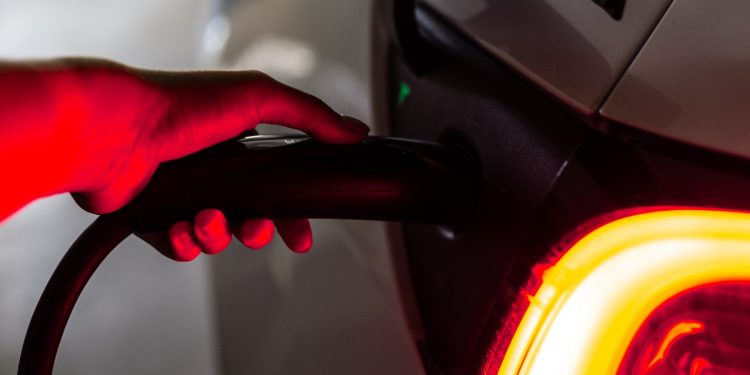Australian High Court pulls plug on Victoria’s EV road user charge
Words: Harrison Wade
The Australian High Court has ruled against Victoria’s electric vehicle (EV) road user charge (RUC) law that would have seen drivers pay $AU0.026 to 0.028 per kilometre travelled each year.
According to the legislation, EV owners were required to share their vehicle’s odometer readings with the state’s tax authority every year and pay a fee or pay for a predetermined amount of kilometres.
However, two drivers brought a case against the Victorian Government which stated that the RUC was unconstitutional. The High Court of Australia ruled in their favour and stated that only the federal government could impose what is essentially an excise tax on citizens.
This raises the question as to whether or not other states will be able to introduce levies on EVs, especially when you consider New South Wales and Western Australia have previously announced similar plans.
Nevertheless, the decision is being lauded by electric car owners across the ditch, including the country’s Electric Vehicle Council CEO, Behyad Jafari.
“The High Court’s decision to strike down Victoria’s ill-considered electric vehicle tax is a win for Australian motorists, a win for the environment, and a win for the national interest,” the Electric Vehicle Council issued in a statement.
“There is nothing inherently wrong with road user charges, but they should never be calibrated to discourage the take-up of electric vehicles,” says Jafari.
“Any road user charge scheme should be national and we now look forward to working with the federal government on sensible road funding reform, without singling out drivers who are trying to do the right thing.”
In New Zealand, the newly-elected National government has previously stated that it will impose RUCs on EV owners before April next year, as leader Christopher Luxon believes it’s unsustainable for them to forgo the cost of using our roads.
The new government also plans to scrap the Clean Car Discount scheme by the end of December 2023.





